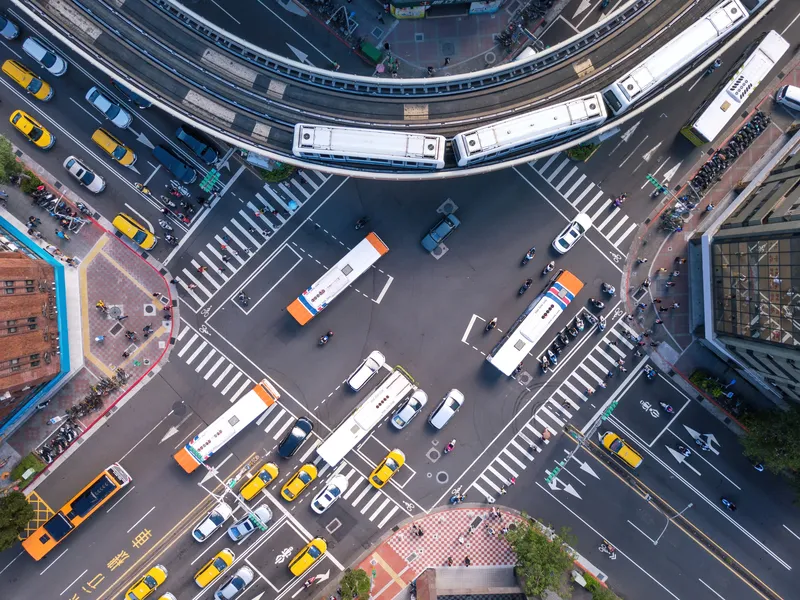
How we should use the mass of information which is available to transport agencies, the private sector, and city authorities?
European decision-makers discussed this issue - and many others - when they met at the ITS Congress Policy Summit in Toulouse to look at emerging issues where closer collaboration could benefit all parties.
Around 80 ministers, mayors, industry leaders and senior representatives of national and local governments from 20 countries met in Toulouse to review how intelligent and green mobility can contribute to sustainable growth and a better quality of life and environment for all citizens.
The idea is to encourage unrestricted cross-sector discussion on transport concerns and priorities at city level, to identify best practice and publicise it, pinpoint the barriers to delivering policies or services and establish if they are well understood or need research, Ertico - ITS Europe says.
"This year the ITS Summit is focusing on data, which is the glue between transport and mobility, as well as the goldmine of the future transport system," said Ertico chairman Dr. Angelos Amditis.
"We need to harnass the power of data and data sharing to enable the journey for Europe’s economic growth and societal development. Data holds the key to answering the needs of our sectors with better decision-making and greater efforts to ensure that all players cooperate within a fair and secure data framework."
Discussions considered several aspects: data ownership, protection and privacy; access to data across all data markets; inclusion and digital divide and interoperability.
Among the summit delegates' conclusions were that data is essential to power new ITS solutions and encourage the greening of our society and its mobility systems - but that ownership of data and access to it is complex and should be treated Europe-wide, not
nationally nor locally.
Crucially, the availability of data - and data sharing - needs to recognise that the public and private sector have different objectives and obligations.
This means education and awareness are essential for every stakeholder - as is trust.









